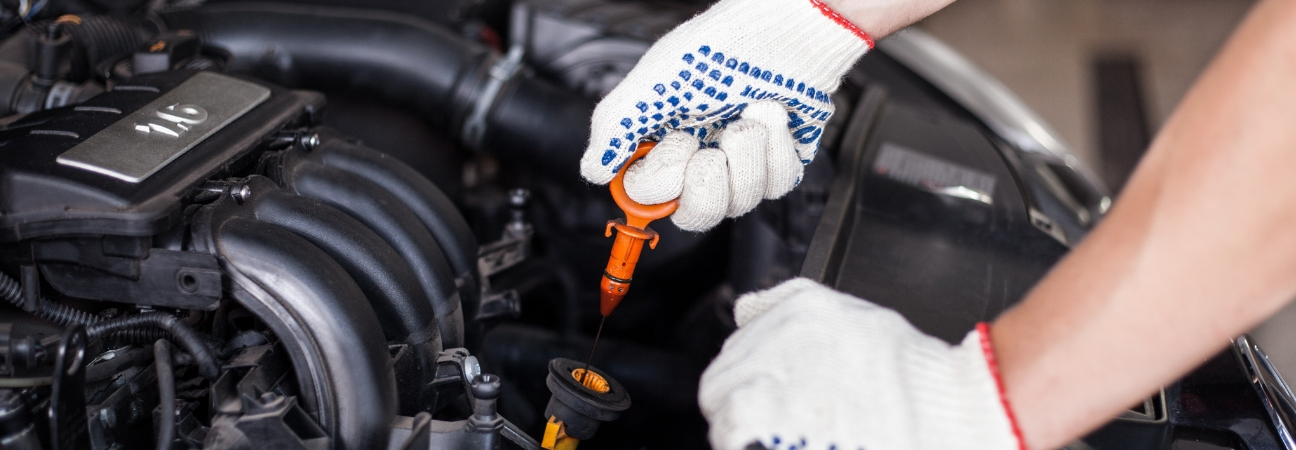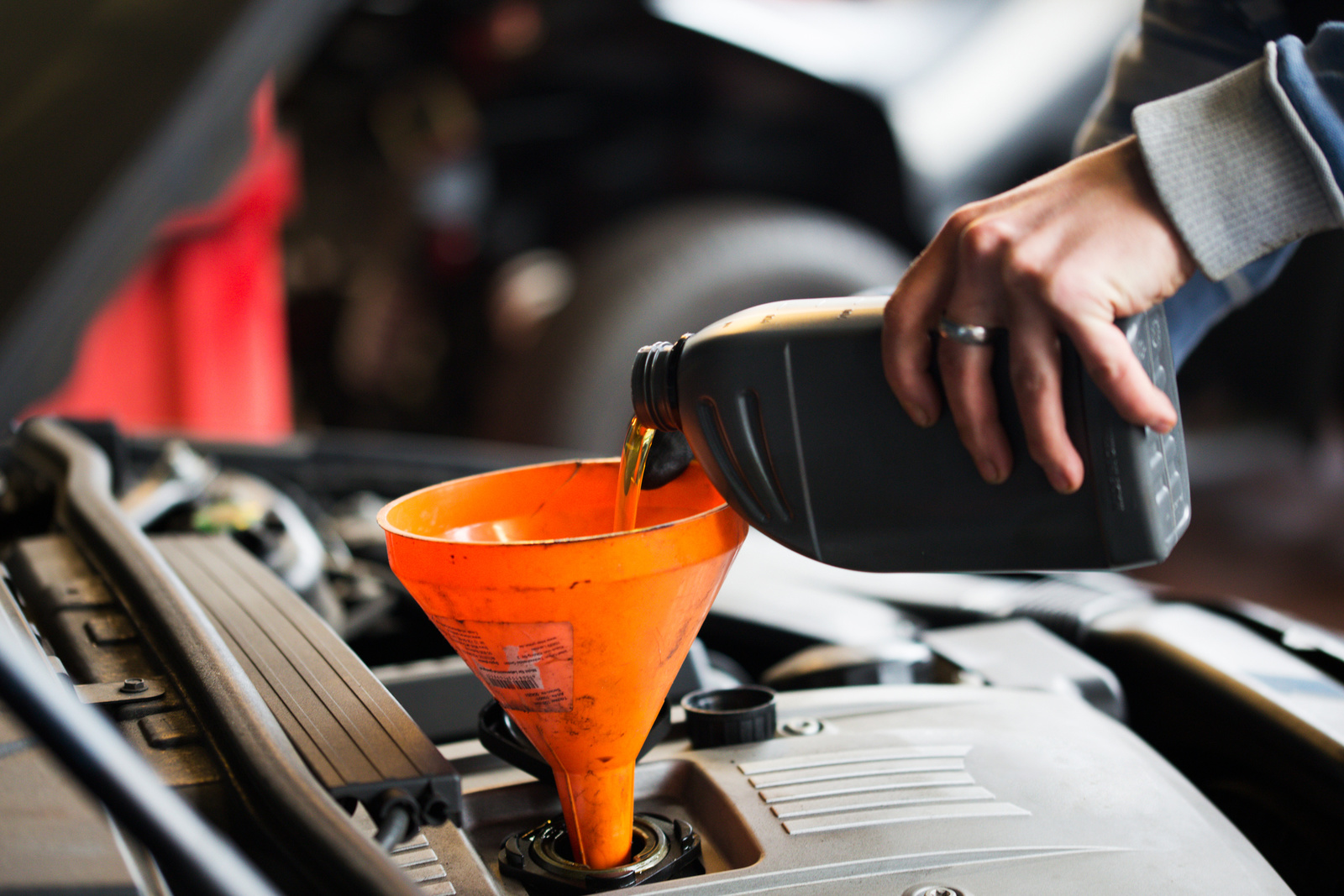All Categories
Featured

Since the car battery powers your automobile's electrical system, maintaining it in leading problem assists prevent expensive replacements and troublesome breakdowns. Below are crucial actions to assist make best use of the life-span of your car battery.
- Evaluate and Clean Battery Terminals. When rust constructs up, it can stop the battery from supplying a complete cost, resulting in bad performance and reduced life-span. To prevent this, evaluate your battery terminals consistently for rust, which often shows up as a white, grainy substance.

- Prevent Short Drives. The alternator is responsible for restoring the battery's charge, and if it does not have sufficient time to do so, the battery can end up being undercharged. For much better battery wellness, attempt to take longer drives when possible, permitting the generator to totally reenergize the battery.
- Limitation making use of Electrical Devices. While it's practical to have these systems running when the engine is not, doing so can diminish the battery quickly. If you're parked for a prolonged duration, such as when waiting in a vehicle parking lot, it's ideal to transform off any non-essential electrical features to preserve battery life.
- Park in a Cool, Dry Place. Severe temperature levels-- both chilly and hot-- can influence the effectiveness of your vehicle battery. Warmth can trigger the battery fluid to vaporize, while freezing temperatures can make it harder for the battery to supply power. Whenever possible, park your car in a shaded area or a garage to protect it from harsh climate condition. This will help your battery maintain a stable temperature and boost its durability.
- Look for Leakages. Battery leaks are a major concern that can lead to both battery failing and damages to your car. In such instances, it's vital to change the battery right away to stay clear of further damage.
- Examination Your Battery Frequently. Normal battery tests can inform you to prospective problems prior to they become serious. Most vehicle repair stores provide totally free battery screening, which examines the battery's fee capacity and general health. Testing is particularly essential if your auto is older, as older batteries tend to shed their charge faster. If your battery shows signs of weak point or falls short the test, think about replacing it to protect against an unanticipated break down.
- Drive Consistently. If you leave your cars and truck extra for long periods, the battery can drain, leading to premature failing. For expanded periods of inactivity, consider making use of a battery maintainer (also recognized as a flow battery charger) to maintain the battery in ideal condition.
- Change Your Battery When Needed. Despite having the very best care, all batteries have a restricted lifespan, typically lasting around 3-5 years. It could be time to replace it if your battery reveals indications of reduced efficiency or has a hard time to start the car. Waiting too long to change a dying battery can cause your automobile being incapable to begin at the worst feasible moment, triggering unnecessary inconvenience.

Conclusion. Taking full advantage of the life expectancy of your automobile battery is necessary to stay clear of unexpected issues and ensure that your vehicle runs efficiently for many years. Consistently preserving the battery and examining, limiting electrical usage when the automobile is off, and car park in perfect conditions are simply a few actions you can take to expand its life. Furthermore, evaluating the battery consistently and changing it when essential will certainly make sure that you don't face concerns later on. With proper care, your auto battery can supply dependable efficiency for the full degree of its life-span.
Latest Posts
The Best Wedding Catering for Weddings – Canyon Crest Venue
Published Dec 25, 24
2 min read
Plan Your Perfect Event at Canyon Crest – Riverside’s Premier Venue
Published Dec 25, 24
1 min read
Welcome to Red Hawk Gastropub: A Culinary Journey
Published Dec 25, 24
1 min read